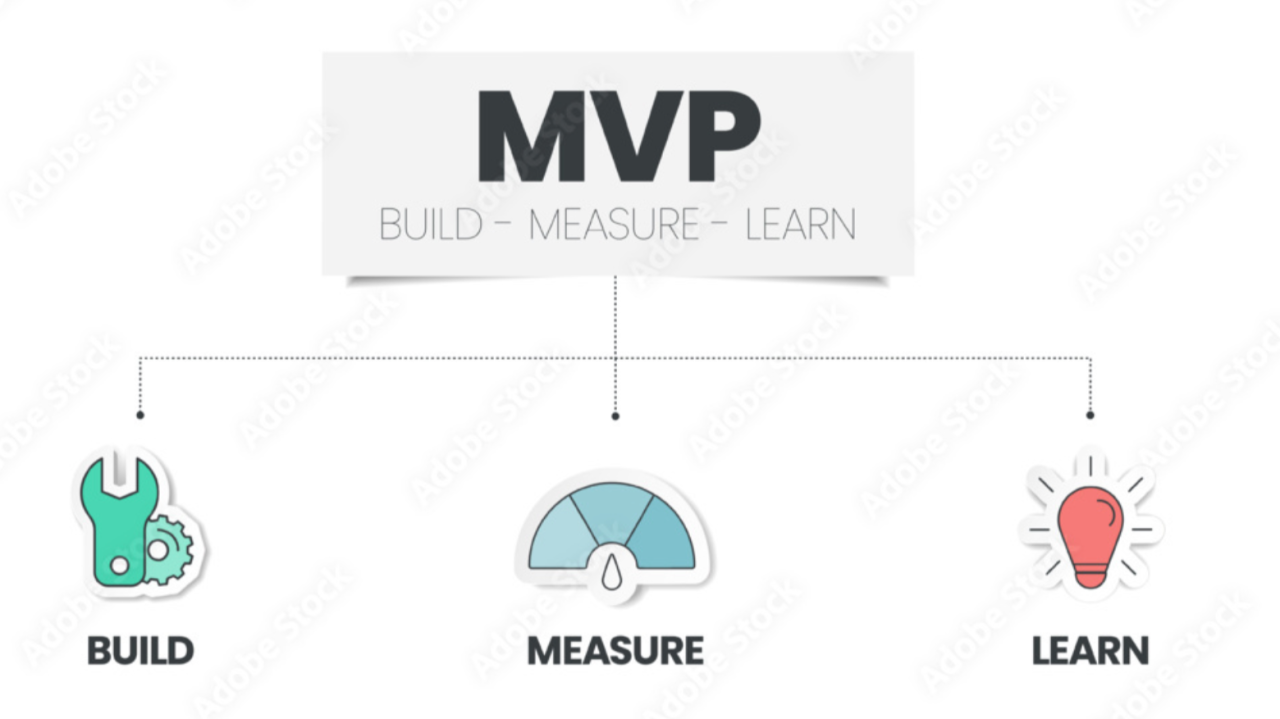What is a Minimum Viable Product ( MVP ) ?

Nutties: A nut coming out to explore!
When I was a child, all I knew about online shopping was that we ordered things from Amazon—nothing more than that. And, of course, it wasn’t me placing the orders; it was my parents. Then, one day, the doorbell would ring, and a delivery man would be standing there, saying, “We have your parcel, ma’am.”
As I grew older, I started discovering new things. I overheard some of my classmates talking about uploading their music on Spotify, but I had no clue what they were talking about. Then one day, as I was leaving for home, a random guy approached me and said, “Hey, add my tune to your playlist.”
Trust me, I had no idea what he was talking about. I replied, “I don’t have a playlist; I just play random songs on YouTube.” His reaction was pure shock. “Don’t tell me you’re not on Spotify!” he said. With full confidence, I replied, “I like listening to music by watching it.”
Later, out of curiosity, I downloaded Spotify, and now, for me, listening to music = Spotify.
Why did I read that whole story ?
The reason I’m sharing these stories is that today, platforms like Amazon and Spotify dominate their industries based on people’s demands. But they didn’t just magically end up where they are—it’s a whole lot more than that.
So, your doorbell ringing is just the final outcome of a much bigger process. We often don’t think much about what we see—we just focus on the result. But have you ever wondered about the journey behind the everyday objects you use?
NOW WHAT EXACTLY IS AN MVP ?
Take a simple pen, for example. It’s not just a writing tool; it belongs to an entire industry built around innovation, production, and distribution. Behind every product, there’s an idea, and that idea leads to a Minimum Viable Product (MVP)—the most basic version of a product designed to test whether it meets a need.
A need creates an MVP. A new problem sparks another MVP. When demand grows and people find more uses for it, the MVP evolves. Over time, these once-small concepts grow into dominant forces in the market, shaping industries and changing the way we live.
A Minimum Viable Product (MVP) is the simplest version of a product, created to test an idea with minimal effort. It helps businesses learn what customers want before fully developing the product. By focusing on basic features, companies can gather feedback to improve future versions. This approach reduces risks, saves time and money, and increases the chances of building a successful product that meets customer needs. So amazon starting as a bookstore is an MVP.
AMAZON’S JOURNEY
1994-1995: Inception as an Online Bookstore (MVP): Jeff Bezos founded Amazon in his garage in 1994, initially naming it "Cadabra" before settling on "Amazon." He recognized the immense potential of the internet and chose books as the first product category due to global demand, low unit price, and vast available titles. In July 1995, Amazon.com launched as an online bookstore, billing itself as the "World's Largest Bookstore." This initial focus on books can be seen as Amazon's Minimum Viable Product (MVP).
1998-2001: Expanding Beyond Books & International Markets: Amazon expanded its product categories beyond books in 1998, including CDs, videos, and software. This marked its evolution from a niche bookstore to a broader e-commerce platform. They also ventured into international markets, launching websites in the UK and Germany in 1998.
2002-2005: Diversification and Key Services: This period saw the launch of key services that became central to Amazon's ecosystem:
- 2002: Amazon Web Services (AWS): Initially, AWS provided APIs for developers to build web applications.
- 2005: Amazon Prime: Launched as a subscription service offering free two-day shipping, significantly changing customer behavior and loyalty.
2007-Present: Continuous Innovation and Acquisitions: Amazon continued to innovate and expand its offerings:
- 2007: Amazon Fresh: Entry into grocery delivery.
- Acquisitions: Strategic acquisitions like Zappos (2009), Twitch (2014), and Whole Foods (2017) broadened their reach in various markets.
- Technology & Devices: Introduction of Kindle e-readers (2007) and Echo smart speakers further diversified their business and impacted industries.
- Geographic Expansion: Amazon continued to expand globally, launching localized websites in numerous countries across different continents.

Spotify MVP Breakdown
Problem: Music piracy was widespread, and legal streaming options were limited.
Solution: A simple, legal, and accessible music streaming platform.
MVP Features (2008 Launch):
- Free ad-supported streaming & premium subscription.
- Limited launch in select European countries.
- Basic music playback and playlist creation.
Early Iterations & Refinements:
- Expanded music library and improved user experience (2008-2011).
- Launched in the US with major record label deals (2011).
- Developed mobile app and offline playback (2011-2015).
Scaling & Diversification:
- Introduced podcasts, video content, and AI-driven recommendations (2015-Present).
- Expanded globally into new markets.
- Acquired podcast platforms (Gimlet Media, Anchor).
- Continued growth through a freemium model, though profitability remains a challenge.
Every great business starts with a simple idea—but turning that idea into reality doesn’t mean building everything at once. That’s where the MVP (Minimum Viable Product) comes in! Start with the smallest, most essential version of your product, get it into the hands of real users, and learn from their feedback.
Don’t wait for perfection—launch, test, improve, and grow! The biggest companies today started with just a basic version of their vision. Take the leap, adapt, and build something incredible!

If you are looking for someone to help you get started, then you’ve come to the right place! We at FIND YOUR N help you build personalized software designs. So don’t waste time looking around—trust the process, book your consultation call, and we assure you, you won’t regret your decision!
